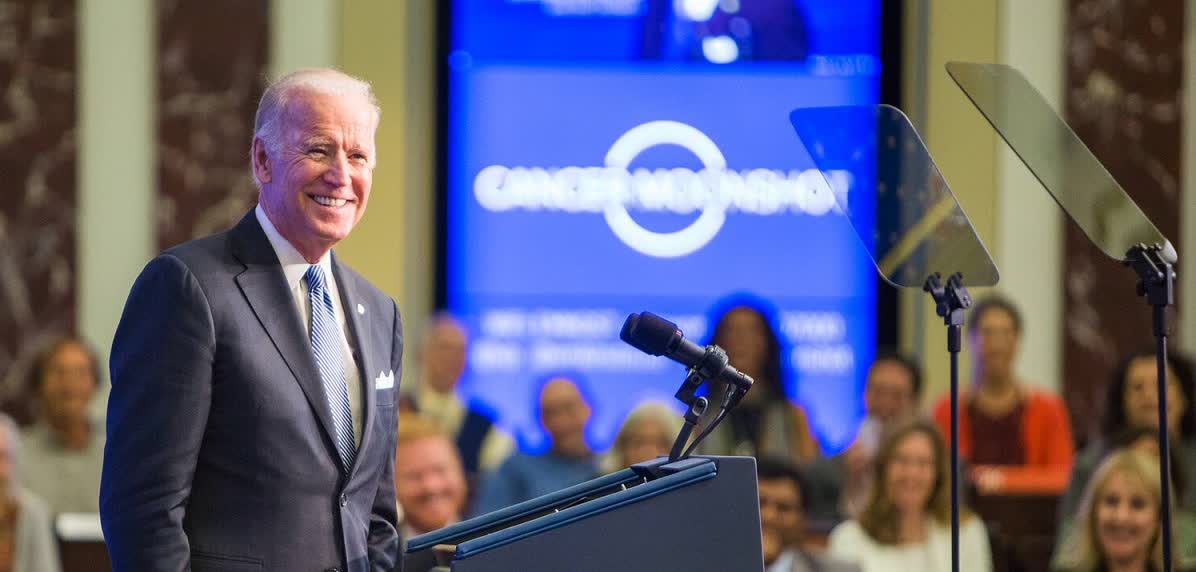Title: The Ongoing Challenge of Gaining Tribal Support for California Sports Betting Initiatives
Introduction:
California, known for its vibrant sports culture and thriving gambling industry, has been exploring the possibility of legalizing sports betting for several years. However, one significant hurdle that continues to impede progress is the lack of support from Native American tribes, who hold considerable influence over the state’s gambling landscape. This article delves into the reasons behind the tribes’ reluctance to embrace sports betting initiatives and the potential implications for California’s gambling future.
1. The Importance of Tribal Support:
Native American tribes play a crucial role in California’s gambling industry. Under federal law, tribes have the exclusive right to operate casinos on tribal lands, thanks to the Indian Gaming Regulatory Act (IGRA) of 1988. Any expansion of gambling activities, including sports betting, requires the tribes’ support and participation.
2. Sovereignty Concerns:
One of the primary reasons for the tribes’ hesitancy towards sports betting initiatives is their concern over sovereignty. Tribes argue that any expansion of gambling beyond their reservations could infringe upon their exclusive rights and potentially undermine their economic stability. They fear that allowing sports betting outside tribal lands could divert customers away from their casinos, impacting their revenue streams.
3. Compact Renegotiations:
Another factor contributing to the lack of tribal support is the complex nature of renegotiating gaming compacts. These agreements between tribes and the state outline the terms and conditions under which tribal casinos operate. Introducing sports betting would require amending these compacts, a process that can be lengthy and contentious. Tribes may be hesitant to enter into negotiations that could potentially disrupt their existing agreements.
4. Competition from Commercial Operators:
The potential entry of commercial operators into the sports betting market poses a significant concern for tribes. If sports betting were to be legalized statewide, non-tribal entities such as professional sports leagues or online gambling platforms could compete directly with tribal casinos. This competition threatens the tribes’ market share and their ability to generate revenue for their communities.
5. Revenue Sharing:
Revenue sharing is a crucial aspect of tribal-state gaming compacts. Tribes currently contribute a portion of their casino earnings to the state in exchange for exclusivity. The introduction of sports betting could disrupt this revenue-sharing model, as tribes may argue that they should receive a larger share due to the increased competition they would face. Negotiating a fair revenue-sharing agreement that satisfies both tribes and the state remains a significant challenge.
Conclusion:
While California’s push for legalizing sports betting gains momentum, the lack of support from Native American tribes continues to hinder progress. The tribes’ concerns over sovereignty, compact renegotiations, competition from commercial operators, and revenue sharing are all valid considerations that must be addressed to move forward. Finding common ground between the tribes and the state is crucial to ensure a balanced and inclusive approach to sports betting that benefits all stakeholders involved.
